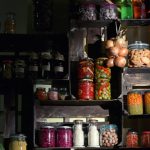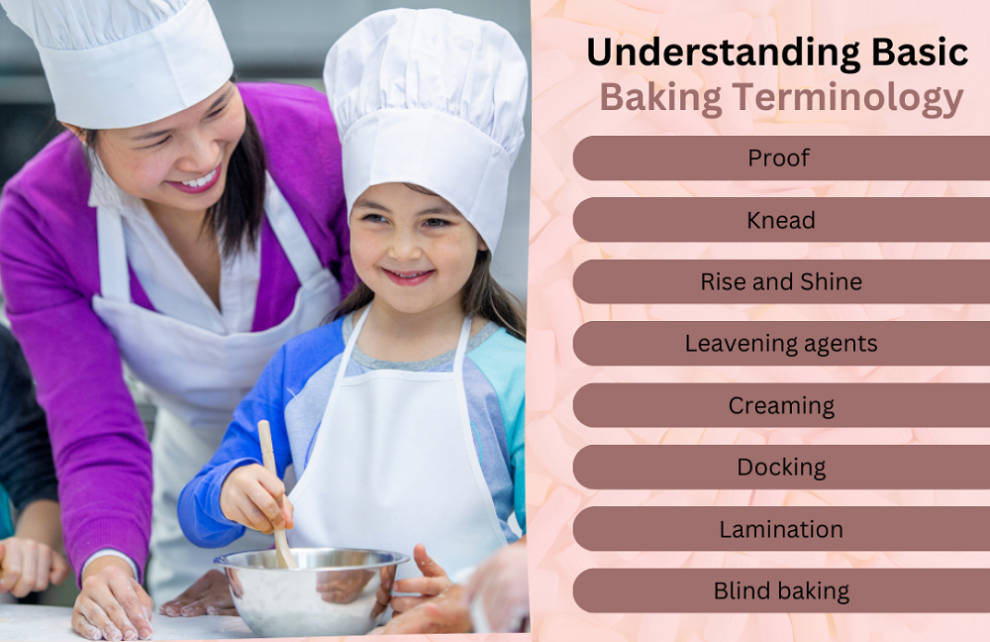Baking is a rewarding activity. But if you are new to it, all the terminology can be overwhelming. We will break down the basics of baking terminology so you will be ready to take the bread making classes in Singapore.
1. Proof
Proofing is the process of letting the dough rise once kneaded. That allows the yeast to activate, which creates air pockets, resulting in light and fluffy bread. Proofing can take 30 minutes to several hours, depending on the recipe.
2. Knead
Kneading is the process of working the dough to develop gluten and create structure. That is important for bread making, as it helps the bread hold its shape and rise properly. Kneading can be done by hand or with a stand mixer, and should continue until the dough is smooth and elastic.
3. Rise and Shine
The final rise is the last chance for the bread to expand before it goes into the oven. That is often referred to as the “second rise” and is usually done in the baking pan or on a baking sheet. Once the dough has risen to the desired size, it’s ready for baking.
4. Leavening agents
These are ingredients that help baked goods rise. Common leavening agents include baking powder, baking soda, and yeast.
5. Creaming
That is a mixing method where butter and sugar are beaten together until light and fluffy. Creaming is often used for cakes, cookies, and other desserts. You will learn how to do this if you sign up for baking courses for beginners.
6. Docking
Docking is the process of poking small holes in the surface of pastry or dough with a fork or knife. Docking allows steam to escape during baking, preventing it from puffing up too much.
7. Lamination
It is a technique used in pastry making where layers of butter are folded into the dough, which helps create a flaky, layered texture in the finished product. A good example is a croissant.
8. Blind baking
That is the process of baking a pastry crust before adding the filling. This method is done with pies or quiches to prevent the crust from becoming soggy. You will line the pastries with parchment paper or foil, which will help fold the shape while adding the filling inside.
Baking can seem intimidating, but you can become a skilled baker with practice and a basic understanding of the terminology.
Whether you’re interested in sourdough bread in Singapore or taking baking courses for beginners, Bespoke Bread can teach you the art and science of baking.













